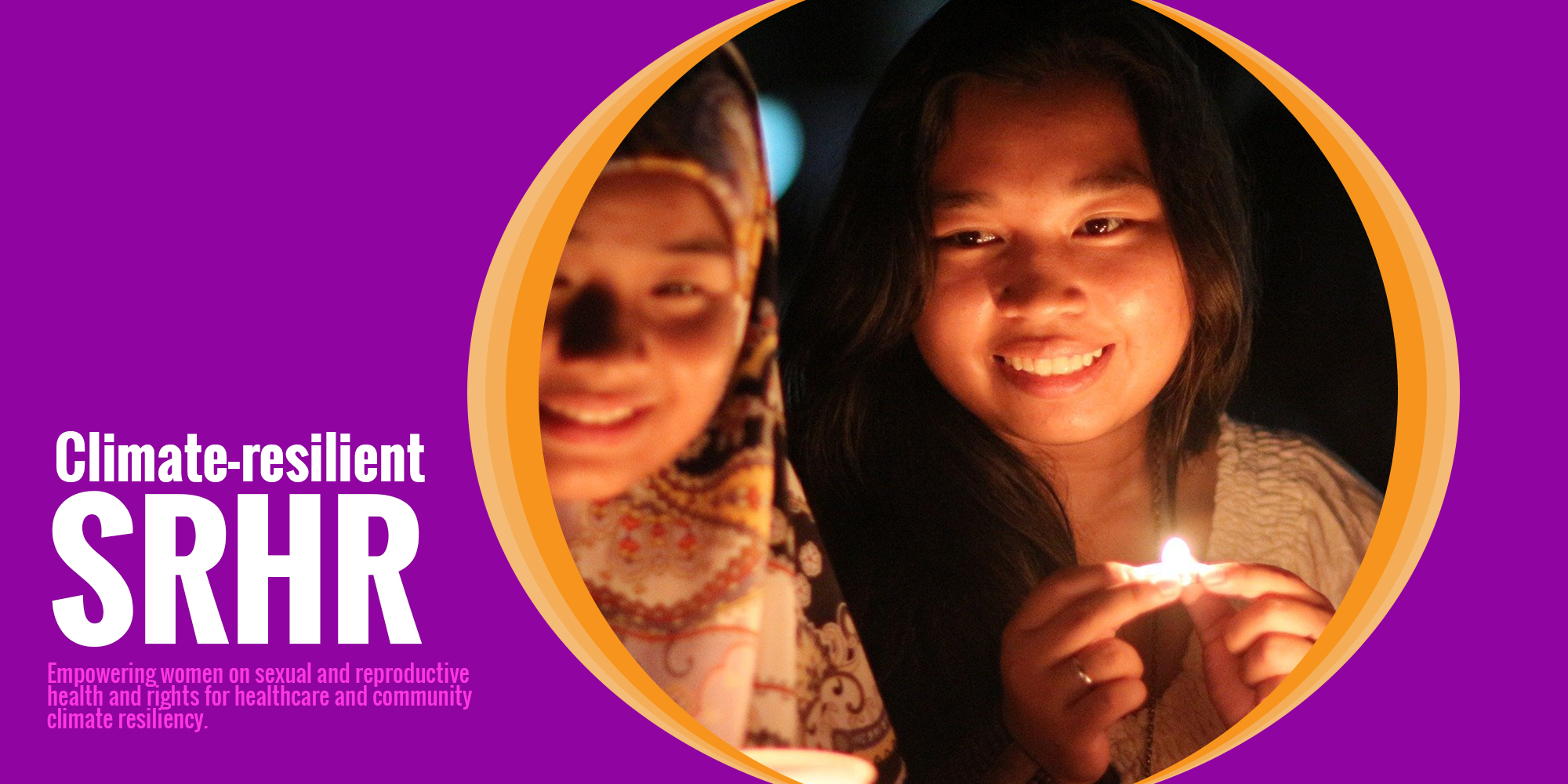PHILIPPINES | The climate crisis is also a Sexual and Reproductive Health and Rights issue
Women and girls especially in poor communities in countries like the Philippines will disproportionately experience climate-related disasters, not only because of the immediate health impacts but on top of that, they are already experiencing the challenges of an ill-equipped healthcare system.
If we look closely at the capacity of South-east Asian countries like the Philippines on access to health, defense systems against climate-related disasters, and providing a safe environment for women and for all, the region lags behind the rest of the world. This is because countries in South-east Asia are plagued by unequal socioeconomic policies that put the concentration and control of wealth and resources in the hands of a few political dynasties, their associates, and multinational corporations that are often foreign-owned. Therefore, until public health is prioritized over profit, progress in health across the country and the region will be slow and inequitable.
This means that these environmental and health problems are putting enormous pressure on the capacity of an already weak/resource-challenged healthcare system in South-east Asia.

Now, as a sector with a sole mission to heal, health ministries must support health facilities especially health centers in the community to uphold a people and environment-centered transformation that ensures a climate-resilient healthcare for women, girls and for all.
Now, in an aim to highlight that climate change is both an environmental and SRHR (sexual and reproductive health and rights) issue, Health Care Without Harm Southeast Asia carried out a project in flood-vulnerable Marikina City in the Philippines entitled Women, Art & Climate Change.
Through music, visual arts, and cultural workshops, the project was able to increase the ability of girls and women of reproductive age in the affected communities to identify, understand, and cope with various climate-related disasters that affect their sexual and reproductive health.
Towards the end of the project, HCWH SE Asia was able to organize a community network of women and community health workers to promote a climate-resilient, environment-friendly, and pandemic-prepared healthcare system. ##

For more information about this project you may visit: https://womenhealthclimate.wordpress.com/
Tagalog Resources on SRHR, Climate Change and Healthcare Transformation: https://womenhealthclimate.wordpress.com/blog-2/
